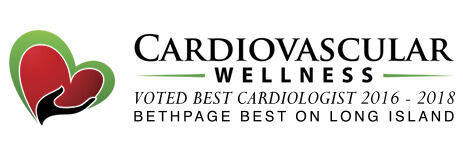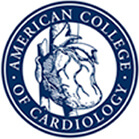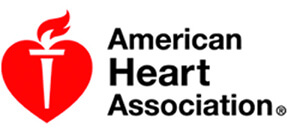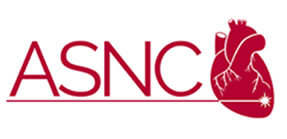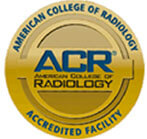Can a Stress Test Show a Blockage?
- Posted on: Jul 27 2023
The most common type of heart disease, coronary artery disease, is a blockage of the arteries that carry oxygenated blood away from the heart. It affects 18.2 million people in the United States.
One of the most trusted methods of determining whether you have coronary artery disease is to have a stress test. What can you expect from this test, and can it detect a blockage in an artery?
What is a stress test?
A cardiac stress test can show how well your cardiovascular system works when you are at rest and when you exercise.
It can indicate whether you are developing coronary artery disease, track how well your heart is doing if you have had a heart attack, and determine whether congestive heart disease has worsened. It can also show blood flow problems within the heart.
The stress test usually involves the patient walking on a treadmill at a gradually increasing pace while a doctor uses an electrogram to monitor the heart’s rhythm.
Stress Tests and Artery Blockages
Coronary heart disease can lead to a stroke or a heart attack. The arteries that direct oxygen-rich blood away from the heart can start developing plaque, which occurs when cholesterol builds up in the inner lining of the artery. The plaque hardens, constricting the arteries and restricting blood flow to the heart.
The information that a stress test gathers can help determine whether there is a blockage in an artery.
One of the signs to watch for is a blood oxygen level below normal. If the test reveals a low blood oxygen level when you have just begun the test or when you are at rest, it can point to severe blockages that require immediate attention.
If your pulse and blood pressure increase dramatically during the stress test, it means your heart is working harder than it should be, which points to a blockage.
Preparing for a Stress Test
If you need to get a stress test, it can be important to follow the guidelines provided by your doctor. If you smoke, you must stop at least 24 hours before the test. You will also need to avoid caffeine in all of its forms, as it can affect your starting heart rate.
In the lead-up to your test, refrain from consuming any of the following:
- Coffee
- Most teas
- Caffeinated sodas
- Cocoa
- Chocolate
- Midol
- Excedrin
- Anacin
You should not eat anything for at least four hours before the test, though you will want to bring water. You can have liquids without caffeine right up to the time of your appointment.
You can also bring a light snack with you after the test. If you have diabetes and take insulin, consult your doctor to know how much to have on the test day.
During the Test
The nurse or medical technician will place adhesive electrode pads on your chest, arms, and legs. This may require them to shave some chest hair. The electrodes will then be connected to the EKG machine, which will monitor your heart rate and blood pressure.
After the Test
You may be asked to stand still for a few seconds or even lie down. The medical team will monitor your heart as you recover from exercise. You can then return to your daily routine unless the medical team recommends otherwise.
Monitor Your Heart’s Health
A stress test is a powerful tool that can help doctors recognize signs of artery problems like blockages, allowing you to get the necessary treatment.
Cardiovascular Wellness provides services to help patients with blood pressure issues, high cholesterol, and many other conditions. Contact our cardiology experts at Cardiovascular Wellness in Hicksville and Lake Success, New York, to learn more.
Posted in: Stress Tests
